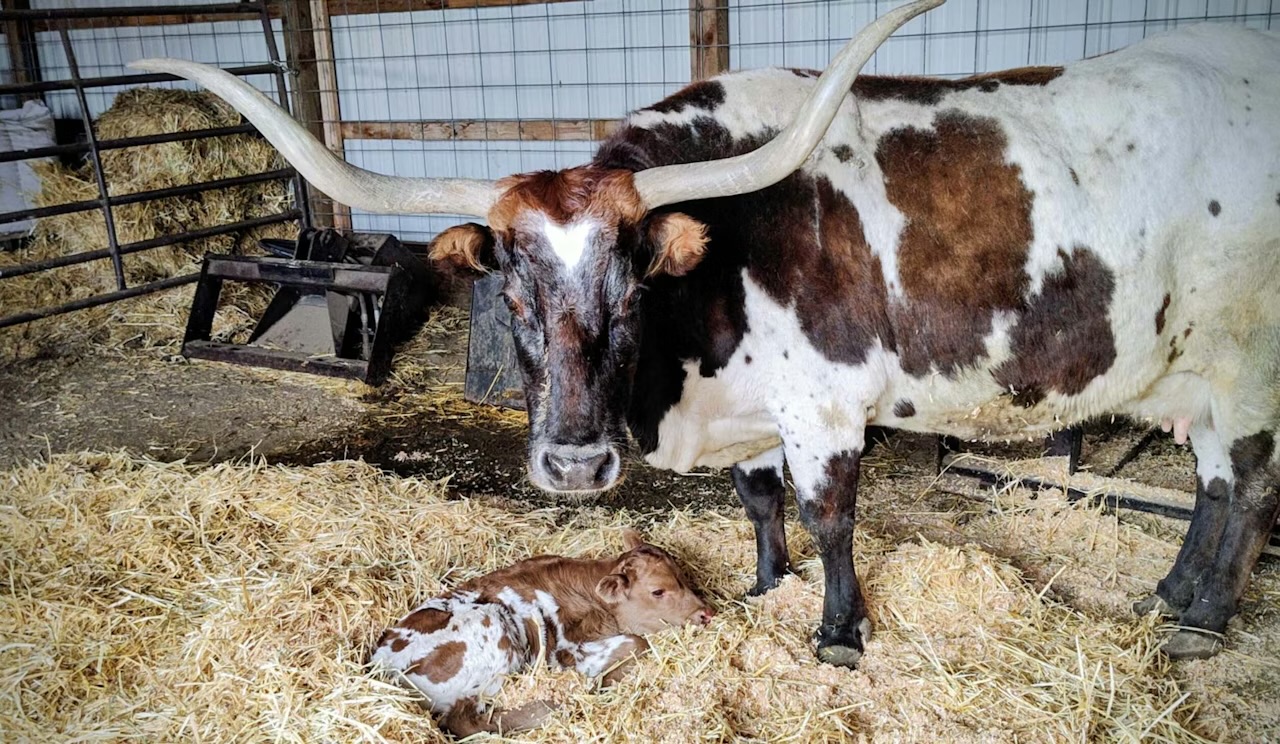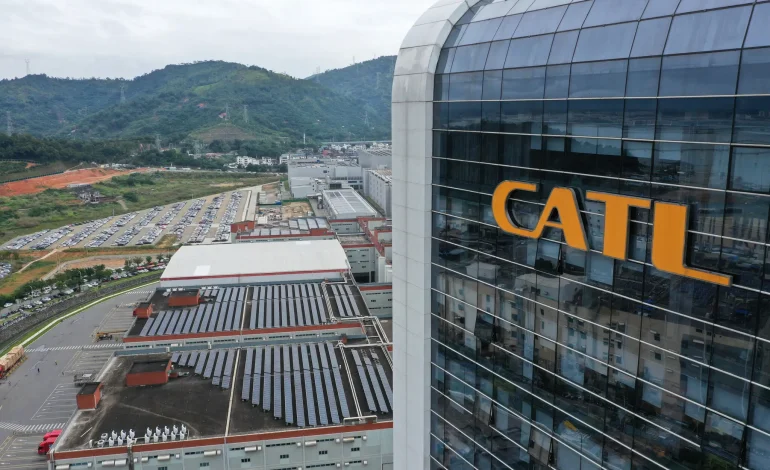China’s CATL, the world’s leading manufacturer of electric vehicle (EV) batteries, announced a series of technological advancements this week that could significantly enhance the competitiveness of electric cars compared to their gasoline-powered counterparts.
These developments, presented just ahead of the Shanghai Auto Show, signal major strides in EV battery performance, charging speed, and cold-weather reliability.
CATL—short for Contemporary Amperex Technology Co. Ltd.—supplies roughly one-third of the world’s EV batteries and counts major automakers such as General Motors and Tesla among its clients. The company’s latest innovations aim to reduce costs, improve efficiency, and alleviate some of the key concerns that have slowed EV adoption.
One of the most notable announcements was the launch of the second generation of CATL’s Shenxing battery. According to the company, the new version can deliver a driving range of approximately 323 miles with just five minutes of charging. In cold-weather conditions, the battery demonstrated the ability to charge from 5% to 80% in 15 minutes at 14°F, addressing a common EV limitation.
The new Shenxing battery is expected to be used in more than 67 vehicle models this year, reflecting its readiness for mass deployment. CATL’s advances position it alongside or ahead of other leading EV battery developers, including BYD and Tesla, in the push for ultra-fast charging.
CATL also introduced a novel auxiliary battery system designed to sit alongside the primary battery under the floor of the vehicle. This second battery, which does not rely on graphite—a typical but expensive battery material—promises to be both cost-effective and space-saving.
By eliminating graphite, CATL says it can increase energy density by 60%, potentially extending driving range or allowing for smaller battery packs, thus increasing interior space. The auxiliary battery could also serve as a backup power source, which is particularly important for EVs equipped with autonomous driving systems that require uninterrupted power.
However, these auxiliary batteries come with trade-offs. They are slower to recharge and have a shorter lifespan compared to traditional lithium-ion batteries, limiting their use to longer trips or as secondary power reserves. CATL expects these graphite-free batteries to be available within the next two to three years.
In another significant development, CATL revealed its sodium-ion battery line, branded as Naxtra, which can maintain over 90% of its charge at temperatures as low as -40°F. These batteries are intended for use in internal combustion engine vehicles and hybrid models, particularly in cold regions where traditional lead-acid and lithium-ion batteries struggle to perform.
CATL has already secured its first sodium-ion battery customer—First Auto Works, a Chinese truck manufacturer based in the country’s colder northeast. The sodium-based design is seen as a safer and more temperature-resilient alternative to lithium-ion technology. It also reduces dependency on critical minerals like lithium, which are subject to global supply constraints.
CATL’s new battery technologies come amid intense global competition among EV battery manufacturers. With Chinese firms such as BYD and Zeekr also making rapid progress, the race to deliver faster, more reliable, and more cost-effective EV batteries is accelerating.
These innovations are expected to help reduce “range anxiety” and improve EV usability across a range of climates and conditions. Still, industry analysts caution that widespread adoption outside of China may take time, given the need to build compatible charging infrastructure and navigate international trade and regulatory hurdles.
With input from the New York Times, Reuters, and the Financial Times.










The latest news in your social feeds
Subscribe to our social media platforms to stay tuned